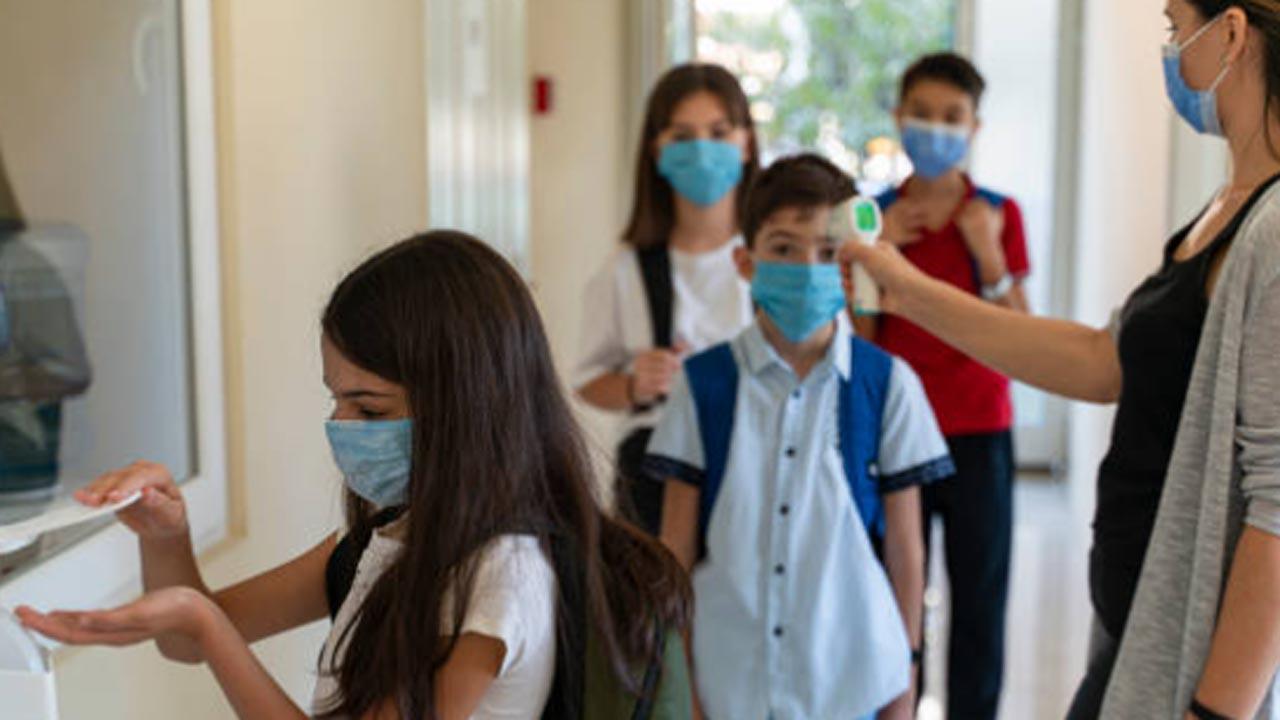However, the study, published in JAMA Pediatrics, emphasised that more children have long Covid than those kids who are hospitalised with acute Covid-19

Image for representational purpose only. Photo Courtesy: istock
Many people around the world who have suffered from Covid-19 in the last two years have experienced additional symptoms with Long Covid long after they have tested negative for the virus. A new study by a team of researchers, including one of Indian origin, believe that the risk of post-acute sequelae of SARS-CoV-2 infection (PASC), or long Covid, in children appears to be lower than what has been reported in adults.
However, their study, published in JAMA Pediatrics, emphasised that more children have long Covid than those kids who are hospitalised with acute Covid-19.
"We concluded that many of the symptoms children experience post-Covid-19 are similar to what is seen in adults, but there are some features more unique to children, such as myocarditis, abnormal liver enzymes, hair loss, skin rashes and diarrhea," said researcher Suchitra Rao from the Children's Hospital, Colorado.
While the presentation has some overlap compared with adults, distinct features exist in children. The risk for PASC appears to be higher in children younger than five years of age, those with medical complexity and those admitted to the intensive care unit with their initial Covid-19 infection.
For the study, the team used electronic health record data of 659,286 children who tested for SARS-CoV-2 and compared 59,893 children who tested positive with those who tested negative.
The team conducted a multistate analysis using EHR data of children and people younger than 21 years of age who underwent testing for SARS-CoV-2 at one of eight paediatric health systems in the country.
Clinicians identified conditions, symptoms and medications associated with PASC in the one to six months following testing. Out of 660,000 children who underwent testing, 9 per cent were positive and most were tested as outpatients.
Symptoms most strongly associated with infection included changes in loss of smell and taste, hair loss, chest pain, abnormal liver enzymes, skin rashes, fever and chills, fatigue, and malaise. Conditions most strongly associated with infection included myocarditis, acute respiratory distress and myositis.
Also Read: Does your mental health take a hit after experiencing failure? Experts share tips to deal with it
ADVERTISEMENT
This story has been sourced from a third party syndicated feed, agencies. Mid-day accepts no responsibility or liability for its dependability, trustworthiness, reliability and data of the text. Mid-day management/mid-day.com reserves the sole right to alter, delete or remove (without notice) the content in its absolute discretion for any reason whatsoever
 Subscribe today by clicking the link and stay updated with the latest news!" Click here!
Subscribe today by clicking the link and stay updated with the latest news!" Click here!







